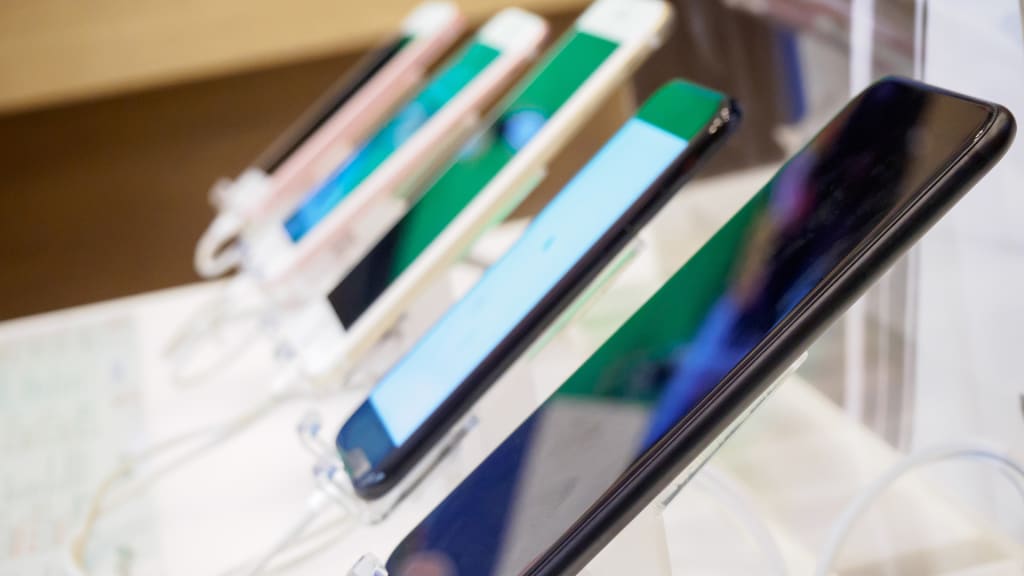K-drama’s global play: Netflix leans on “The Dream Life of Mr. Kim” and a new wave of comfort storytelling

Streaming strategy built on Korean storytelling
Netflix and its Korean production partners are rolling out a dense October slate built to hold global viewers through the fall: glossy romance-fantasy like “Genie, Make a Wish,” relationship dramas such as “Would You Marry Me,” ensemble family dramedies, and a late-month premiere of “The Dream Life of Mr. Kim.” The last title, launching October 25 with JTBC, is a character-driven comedy-drama led by veteran actor Ryu Seung Ryong. Netflix’s bet is clear. Instead of relying only on splashy dystopian thrillers, it is doubling down on warm, small-scale, high-relatability shows that travel well across languages. These series are shorter, faster to produce, and easy to binge in a weekend. That gives Netflix a steady heartbeat of Korean releases rather than one giant blockbuster per quarter.
The platform learned something from hits like physical survival competitions and chaotic house-share reality formats: unscripted K-content can be global. Now it is trying to prove that grounded, everyday K-drama — family mess, office frustration, second-chance romance — can be just as exportable. Industry trackers say Netflix is coordinating with Korean broadcasters and studios so that certain series debut almost simultaneously on Korean TV and worldwide streaming. That timing matters. Fans no longer want to wait months for licensed versions. They expect to watch together, post together, and generate memes together.
Global competition for comfort
K-drama has become one of Netflix’s most reliable international engines at a time when Hollywood labor costs are high and theatrical attendance is still unpredictable. Korean series arrive with built-in fandom and star power, but at budgets that are often lower than comparable U.S. dramas. The October cluster is designed to lock in loyalty before the winter release race and year-end awards chatter. If Netflix can convince viewers to treat these shows as “weekly ritual television,” it keeps subscribers from drifting to rival platforms.
For Korean talent, this wave is leverage. A-listers like Kim Woo-bin, Bae Suzy, Choi Woo-shik, and Jung So-min are fronting romantic or high-concept dramas that hit streaming globally within days, not months. Producers then use that instant reach to pitch tours, fan meets, branded merch, and soundtrack releases. The global K-drama economy is no longer a one-country niche. It is a shared calendar event that Western streamers now plan around.












